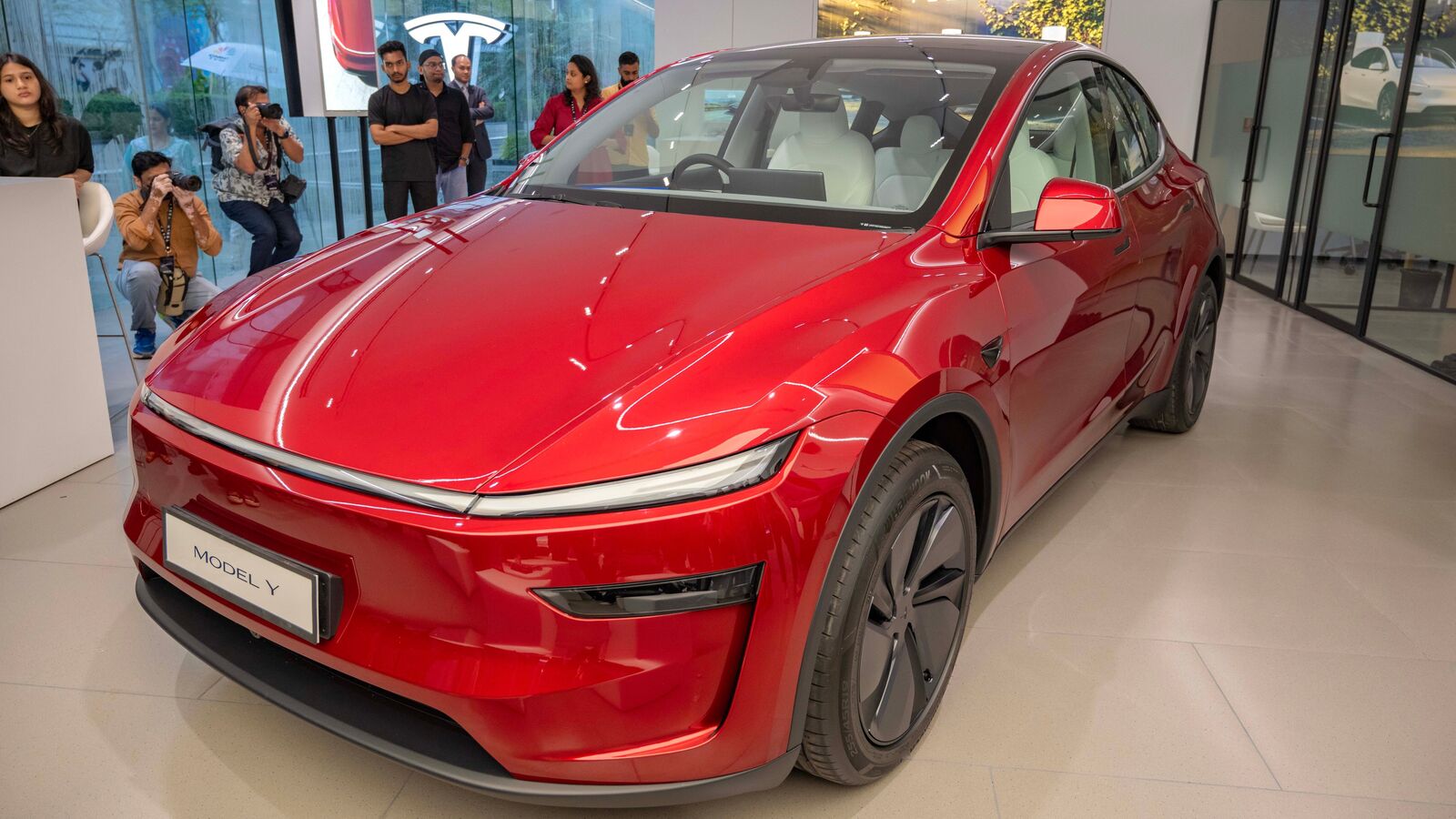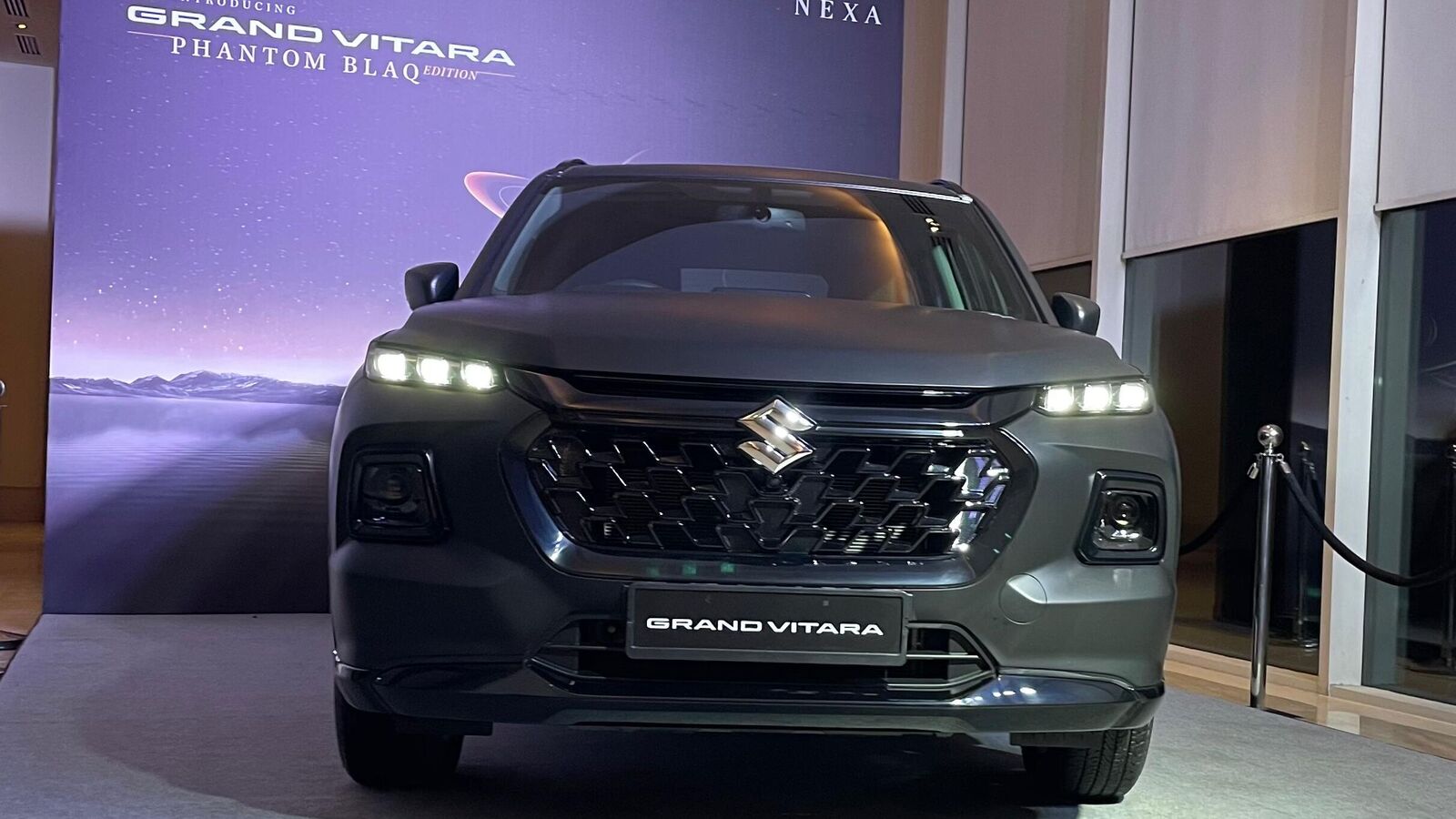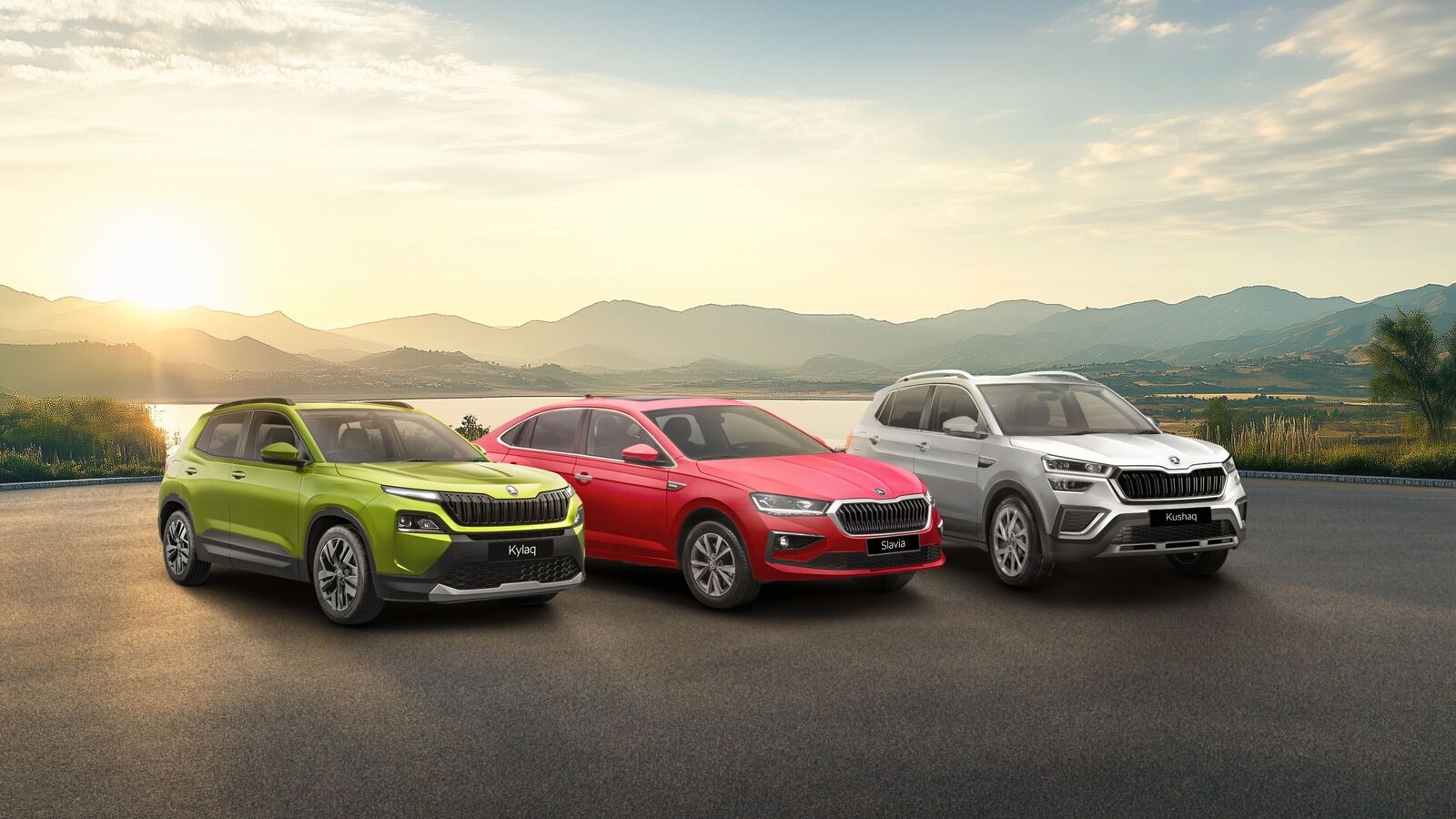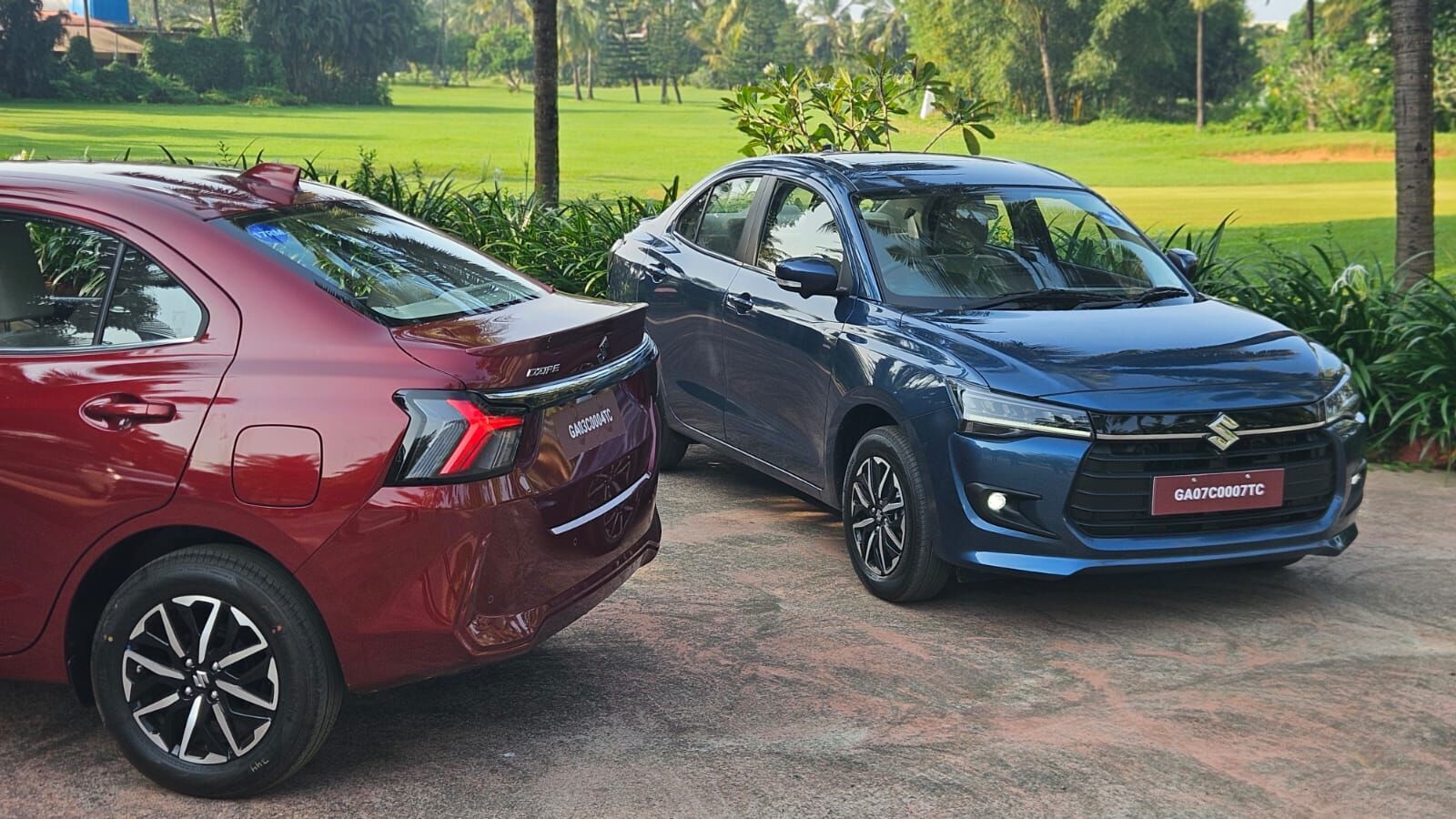If you are planning to buy a car but confused about the fuel type, here is a guidebook for you.
View Personalised Offers on
Just a few years ago, while buying a new car, people didn’t have to think much about the fuel type. There were either petrol or diesel cars. However, the tables have turned over the last few years. Petrol prices have shot up to a sky-high level, while diesel cars have lost respect owing to tightening emission norms. Additionally, the availability of CNG, electric, and hybrid powertrain technology has increased the options for consumers, increasing the confusion as well.
Here are some factors to consider regarding the fuel type while purchasing a new car.
Petrol
If you are looking for a petrol car, there are a vast number of options available in every price segment. The petrol cars usually come with the lowest upfront cost compared to other fuels. The availability of new turbocharged and direct injection technologies has increased the fuel efficiency of petrol cars significantly. Also, the availability of petrol pumps everywhere is another advantage for consumers buying a petrol car. However, with the ethanol blending in petrol, the petrol car owners may face decreasing fuel efficiency after a few years.
Diesel
Diesel cars are known for their great fuel economy and torquey drivability. However, buying a diesel car in the current scenario is like gambling due to the strict government rules, especially in the Delhi-NCR region. The reason behind this challenge for diesel cars is that they emit more pollutants into the environment. However, if you are not living in Delhi-NCR or in any metro cities, you can give it a shot. Also, people who are looking to buy a car for commercial purposes can opt for a diesel model.
Electric vehicle
Electric vehicles are increasingly becoming affordable in the Indian market with the reduction in GST on EVs. The EVs are finding an increasing level of popularity owing to their low per-kilometre running cost and low maintenance compared to ICE models. However, there are some practical issues like the range, availability of charging infrastructure outside major cities. Also, the high upfront cost of EVs is another major drawback of these vehicles. If you drive mostly in cities for commuting, buying an EV is justified, but if you are more of a person who hits highways frequently, avoid electric vehicles, at least at this point.
CNG
Petrol-CNG cars have been witnessing a rise in popularity in India over the last few years. The reasons behind this are the lower cost of CNG compared to petrol or diesel, higher fuel efficiency, lower emissions, etc. Also, the increasing number of CNG cars in the market, as well as the growing number of CNG refuelling stations, are fuelling the growth of this fuel type’s share in the vehicular fleet. Owning a CNG car comes with its own challenges. A CNG car comes with compromised boot space, while the power generation is slightly lower than petrol models.
Hybrid
In India, there are multiple types of hybrid cars, including mild hybrids, strong hybrids and plug-in hybrids. The hybrid technology is like a bridge between the ICE and EV technologies. This technology is extremely fuel efficient, with around 10 kmpl advantage over petrol alternatives, especially the strong hybrids. These cars offer more power than the similar ICE option and emit fewer pollutants. However, they come with a high upfront cost.
Check out Upcoming Cars in India 2025, Best SUVs in India.
First Published Date: 11 Aug 2025, 14:07 pm IST




